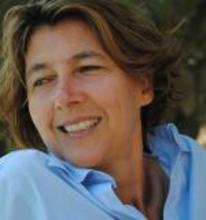“Trading Votes for Votes” with Alessandra Casella, Columbia

AMERICAN POLITICS & PUBLIC POLICY WORKSHOP
Abstract: Vote-trading is common practice in committees and group decision-making. Yet we know very little about its properties. Inspired by the similarity between the logic of sequential rounds of pairwise vote-trading and matching algorithms, we explore three central questions that have parallels in the matching literature: (1) Does a stable allocation of votes always exists? (2) Is it reachable through a decentralized algorithm? (3) What welfare properties does it possess? We prove that a stable allocation exists and is always reached in a finite number of trades, for any number of voters and issues, for any separable preferences, and for any rule on how trades are prioritized. Its welfare properties however are guaranteed to be desirable only under specific conditions. A laboratory experiment confirms that stability has predictive power on the vote allocation achieved via sequential pairwise trades, but lends only weak support to the dynamic algorithm itself.
Alessandra Casella is professor of Economics and professor of Political Science at Columbia University and a fellow of the National Bureau of Economic Research (Cambridge, Ma), and the Center for Economic Policy Research (London, UK). She is a graduate of Universita’ Bocconi and received her PhD in Economics from MIT in 1989, taught at UC Berkeley before moving to Columbia in 1993, and held the position of Directeur d’ Etudes at the Ecole des Hautes Etudes in Sciences Sociales (EHESS) (Paris and Marseilles) from 1996 to 2010. Her main research interests are political economy, public economics, and international economics. Casella is the director of the Columbia Experimental Laboratory for the Social Sciences.